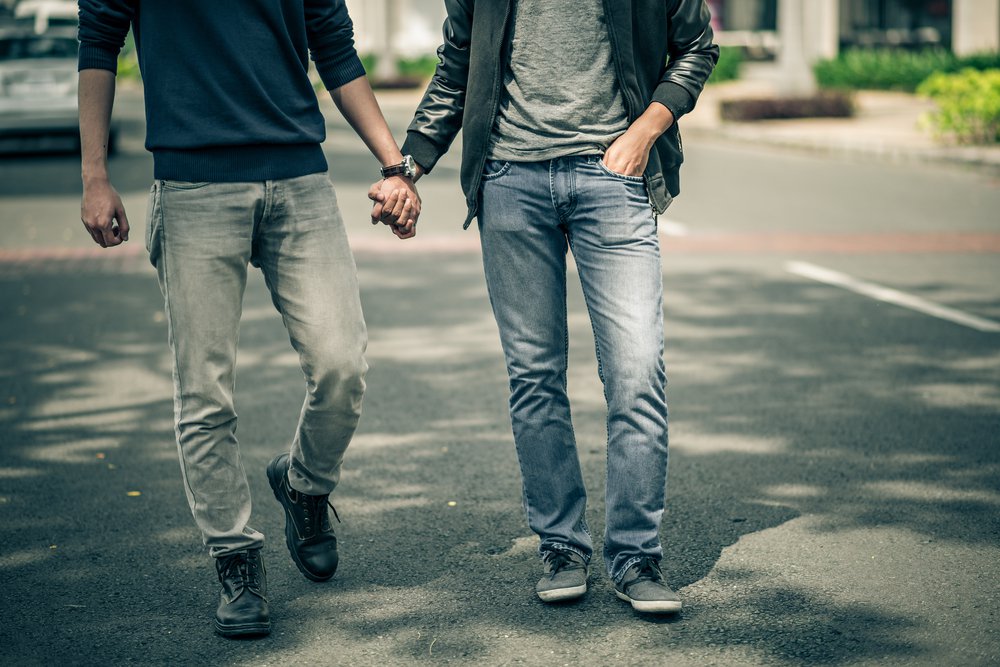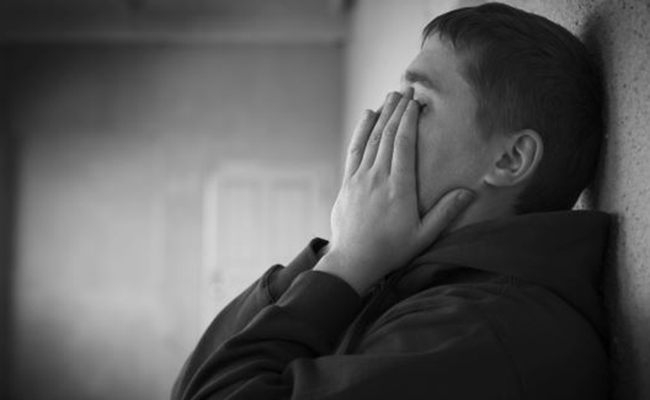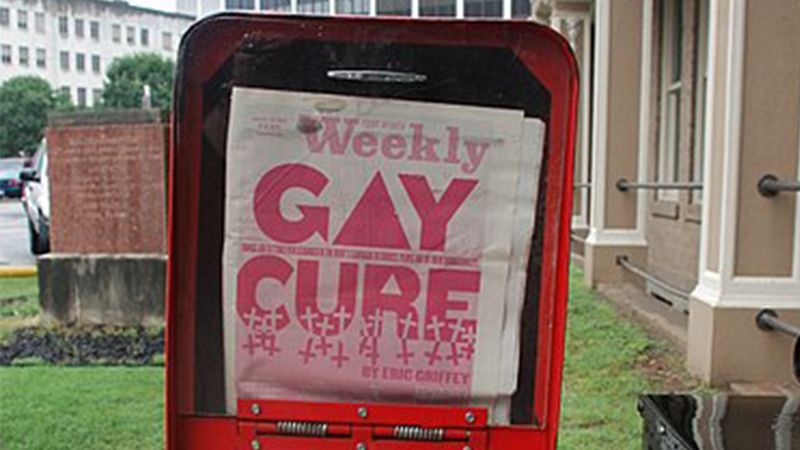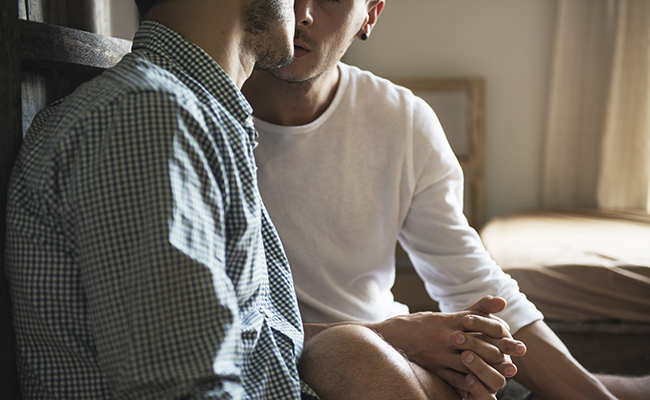LGBT community are less satisfied with their lives than the rest of the UK, new survey finds
The government study is the largest national survey of LGBT people in the world to date.
By Steve Brown

The LGBT community are less satisfied with their life than the general UK population, according to a new survey published by the Government.
The new 2017 survey – which was open to anyone over the age of 16 – is the largest national survey of LGBT people in the world to date, with more than 108,000 people participating.
Out of those who responded 61 per cent identified as gay or lesbian and a quarter (26 per cent) identified as bisexual and a small number identified as pansexual, asexual and queer. 13 per cent identified as transgender.
However, despite being the largest LGBT+ survey to date, the results are worrying.
It found that on average the LGBT+ community rated life satisfaction 6.5 out of 10, compared to 7.7 for the rest of the UK population.

The transgender community had an even lower average score, of 5.4 out of 10.
More than half of respondents (56%) felt comfortable being LGBT in the UK but just 37% of trans women and 34% of trans men and 38 per cent of non-binary people felt comfortable.
Other worrying results found that more than two thirds of LGBT respondents (68%) still avoid holding hands with a same-sex partner for fear of a “negative reaction from others”.
Similarly, 70% said they had avoided being open with their sexual orientation for fear of a negative reaction, and this was higher for cisgender respondents who identified as asexual, queer or bisexual.

Three quarters of the cisgender people (76%) were open to at least some of their family and other people they lived with.
However, more than half of both trans men and women said they avoided expressing their gender identity for fear of a negative reaction from others.
Around a quarter (24%) of all the respondents revealed they were not out to any family members that they lived with, while 65% were open with all or most.
Two in five (40%) also admitted to experiencing a homophobic incident including verbal harassment or physical violence in the 12 months leading up to the survey.
Nearly a third of people revealed they had experienced an incident with someone they lived with because of their sexual orientation.
These ranged from verbal harassment, disclosure of their sexuality without their permission and coercive or controlling behaviour.
More shockingly, more than nine in 10 of the most serious incidents went unreported with many respondents saying “it happens all the time”.
However, over the last year, the number of homophobic hate crimes recorded by the police has risen by 27%.
Up to five per cent of respondents had been offered so called ‘conversion’ or ‘reparative’ therapy (but did not take it up) and a further two per cent had undergone it.

These figures were found to be higher for trans respondents, with nine per cent of trans men been offered it and four per cent had undergone it.
The study found that faith organisations were by far the most likely group to have conducted conversion therapy, with 51 per cent of those who received it had it conducted by faith groups, followed by healthcare professionals – 19 per cent of those who received it had it conducted by healthcare professionals.
In response to the UK Government LGBT Action Plan, Co-Chairs of Pride in London, Alison Camps and Michael Salter-Church said: “For members of the LGBT+ community and allies these findings aren’t new. Our recent Pride Matters report included a number of similar results and we are just one of many LGBT groups who have been highlighting these issues for years.
“We are disappointed that yet another year has been lost before meaningful changes are made.

“However, we welcome the scale of this research and that the government has committed to act on the results, but we now expect action to follow quickly. The measures set out need to have real teeth and there is a danger that events such as Brexit could delay legislative progress.
“What is missing from the report is an acknowledgement that we do not have equality across the whole of the UK.
“The Prime Minister and the Minister both mention the UK’s global leadership on LGBT+ rights. The truth of the matter is that other countries have overtaken us and there has been a failure to address fundamental issues in our country; the lack of equal marriage in Northern Ireland and cohesive relationship, gender and sex education being the most obvious.
“We call on the government to specifically address these points.
“Above all, what we see is that Pride matters as much as it ever has. This Saturday, the UK’s biggest Pride parade will take to the streets 46 years after it started. We will be there not just to celebrate how far we’ve come, but to march and protest for how much further we need to go in London and beyond.”
Read the full report here.
